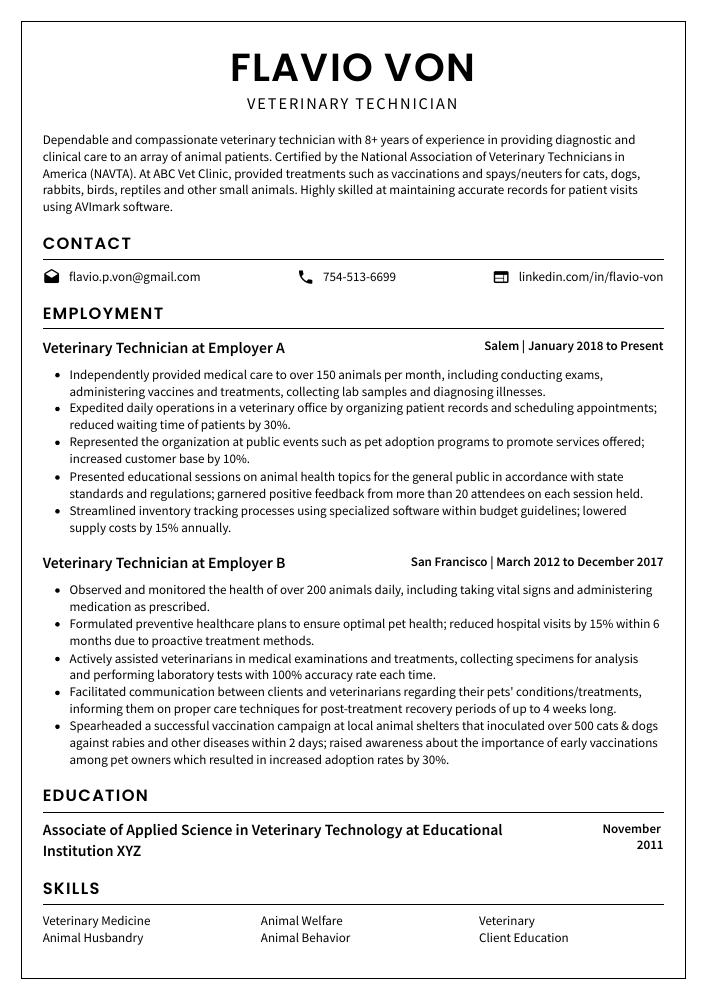Tragic incidents involving the loss of life in veterinary settings have captured public attention, highlighting the dedication and risks faced by veterinary technicians. These professionals work tirelessly to care for animals, often finding themselves at the center of emotionally charged situations. Each story underscores the importance of understanding and supporting those who dedicate their lives to animal welfare.
Recently, a series of events has brought the challenges faced by veterinary technicians into sharp focus. From arguments escalating into violence to senseless acts of aggression, these stories remind us of the need for empathy and communication within the veterinary community and beyond. Below are some accounts that illustrate the complexities and dangers inherent in this field.
A tragic incident unfolded when veterinary technician Trent “TJ” Taylor, 21, lost his life during an argument at Shively Animal Clinic near Louisville. The situation escalated rapidly when a pet owner reportedly shot and killed Taylor. This heartbreaking event serves as a stark reminder of the potential dangers that veterinary staff face daily while performing their duties. Such occurrences highlight the necessity for enhanced safety measures in animal clinics across the country.
Understanding the Role of Veterinary Technicians
Veterinary technicians play a crucial role in ensuring the well-being of animals under their care. They assist veterinarians in diagnosing and treating medical conditions in pets, requiring both technical skills and compassion. Despite their vital contributions, they often encounter challenging situations with clients who may become agitated or aggressive over concerns about their pets' health.
In one instance, Jonsie Duke experienced heartbreak after robbers targeted her beloved dog, Marley. As a registered veterinary technician herself, she understands the bond between humans and their pets. Losing Marley was akin to losing a family member, emphasizing how deeply intertwined personal emotions can be with professional responsibilities in this field.
These roles demand not only expertise but also emotional resilience from those working closely with animals and their owners. Recognizing these demands helps foster greater respect and support for veterinary technicians worldwide.
Acts of Violence Against Veterinary Staff
The shooting at a St. Paul bar where Marquisha Wiley, a 27-year-old vet technician, was fatally wounded during a shootout left many shaken. Her untimely death alongside injuries sustained by fourteen others points towards increasing instances of gun violence affecting various sectors, including healthcare workers like veterinary staff members.
Similarly, MiAysha Brannon, a promising junior veterinary technician student, met a tragic end when she was shot and killed by her father in what authorities described as a murder-suicide. Such incidents underscore the unpredictable nature of human interactions even within educational environments dedicated to nurturing future caretakers of animals.
While such events remain rare, they emphasize the importance of implementing comprehensive security protocols within all facilities employing veterinary personnel. By doing so, we aim to protect dedicated individuals who contribute significantly towards preserving animal health.
Legal Implications Surrounding Fatal Shootings
In another case involving Dr. David Rapoport, a Pennsylvania veterinarian pleaded guilty to murdering his pregnant girlfriend—a veterinary technician. This shocking revelation brought forth legal proceedings resulting in consecutive life sentences without parole for the crime committed against someone close to him personally yet professionally linked through shared passion for animal care.
Situations like these necessitate thorough investigations into motives behind violent actions taken against colleagues within the same industry. Understanding underlying factors could lead to better conflict resolution strategies aimed at preventing similar tragedies moving forward.
As communities continue grappling with rising levels of violence targeting essential service providers such as veterinary technicians, it becomes imperative to address root causes effectively while providing necessary support systems for affected families and colleagues alike.

